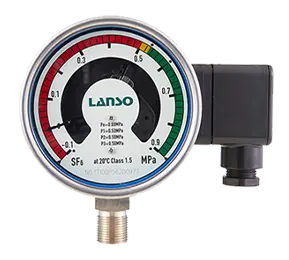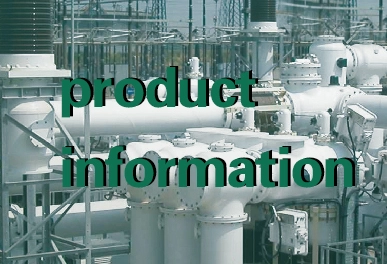1. Different types of mechanical pressure gauges
Mechanical pressure gauges for commercial or residential use often have lighter and smaller open front shells and tend to be cheaper. Industrial equipment tends to use more expensive pressure gauges.
Dial sizes with continuous process monitoring are usually larger. They usually have higher accuracy and safety. Some gauges have very professional functions and can record very low readings under high hydrostatic pressure or pressure requirements.
The purpose of the test instrument is to check the calibration of other instruments. In order to comply with ASME (American Society of Mechanical Engineers) standards, the accuracy of the test instrument must be four times that of the inspected instrument. Therefore, the test instrument of pressure gauges manufacturers must be very accurate. Usually, the more accurate the pressure gauge, the higher the cost.
2. Accuracy and dial size of pressure gauges
Depending on the application, accuracy can be very important. Generally, the accuracy tolerance varies from ± 0.1% to ± 5%. The more accurate the pressure gauges are, the more expensive they will be.
3. Pressure range of pressure gauges
Pressure gauges typically range from 0-30 psi to 0-600 psi. These ranges usually don't add to the cost, but if you have requirements for a vacuum range and a load range (reading both vacuum and positive pressure), the initial cost will be increased.
4. Selection of pressure gauges
Different purposes decide different types of pressure gauges. Some are designed for safety to protect the pressure gauge and the operator. Some are designed to improve visibility or extend the service life of pressure gauges. Those need to be used in conditions with hazardous chemicals are often more expensive. In many cases, the more important the application is, the more expensive the instruments are.







